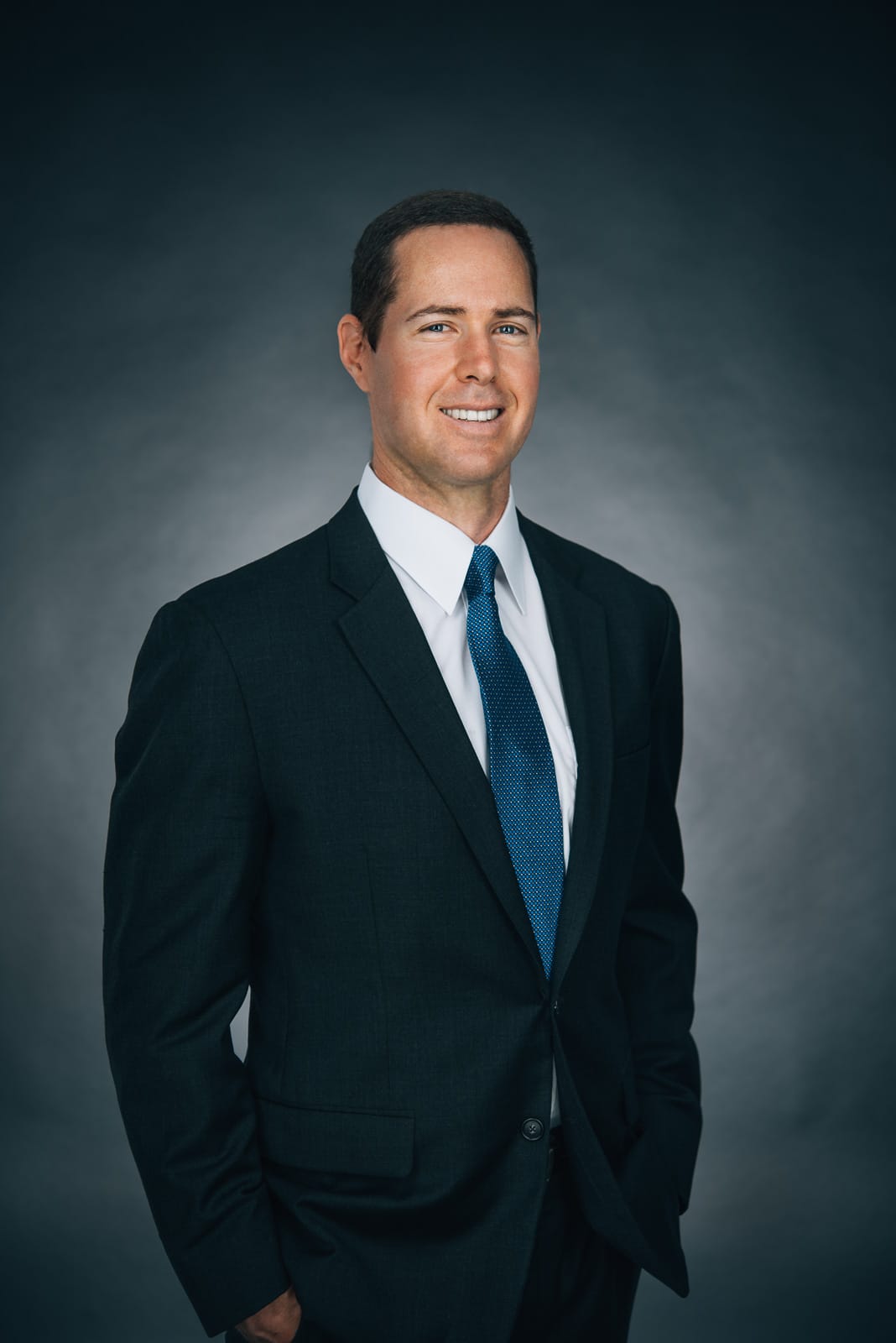This appellate attorney has the 'write' stuff
Christopher Keleher gives tips on writing the ideal appeal

A version of this story first appeared in the Raise the Bar newsletter. To get it in your inbox, sign up for free by clicking here.
By Emily Kelchen | for Raise the Bar
Behind every reversal lies a brief that made its way through the noise—clear, precise and quietly persuasive. But who writes with that kind of power? Lawyer Christopher Keleher does, and he’s sharing his tips for crafting winning appeals with Raise the Bar. -Emily Kelchen
Let’s cut right to the chase. What’s the secret to winning over a panel of judges?
The $64,000 question. I like to think it is a mix of things, which I would describe as "flow." A brief that flows is pithy yet persuasive. Ultimately, it should be something that is easy (and dare I say a joy) to read for an audience that is burdened with dozens of other briefs, countless motions and numerous draft opinions vying for their attention.
So it’s the brief, not oral argument, that’s most important when you are appealing a case?
It’s important to do both well. However, I place much more importance on the writing. I don't like to burst bubbles, my own or anyone else's, but an oral argument, no matter how superb, will not save a subpar effort on the writing front. So I definitely work harder on honing my writing skills. An excellent brief can save a lackluster oral argument, but the reverse is almost never true.
What tactics do you use to craft a compelling appellate brief?
I try and humanize my client. Virtually all of my clients, whether civil or criminal, are individuals, so my job is a bit easier in that regard. I try to convey the motivations and needs my client faced at the time the operative facts transpired. Lawyers and judges can get lost in statutes, precedent, and legal arguments, overlooking that they are dealing with real people with real life problems. So I try and take a step back and offer the reader a holistic view of the litigants and the facts while also giving the court the tools it needs to reverse, whether that be rule, precedent or fact-based.
How do you decide which issues to raise on appeal and which to drop?
I take a minimalist approach to appeals. I rarely include more than three issues on appeal. On criminal cases, I am more willing to be inclusive, but even there, I have to really convince myself to include more, rather than less. The scattershot approach on appeal is usually doomed to fail.
What do you wish more trial lawyers understood about appeals?
The appellate court is not the 13th juror. Cases are by and large won at trial, and going to the appellate court is not a "do-over" or a second chance. The odds are severely stacked against the appellant and the time investment for an appellate attorney is significant. But perhaps most attorneys know all this, and the real issue is figuring out how to tell a client it’s time to drop their Supreme Court illusions and move on.
Thank you for reading Raise The Bar.
Would you like to participate in a Q&A? Send an email raisethebar@mynewsletter.co
Raise the Bar is curated and written by Emily Kelchen and edited by Bianca Prieto.




Comments ()